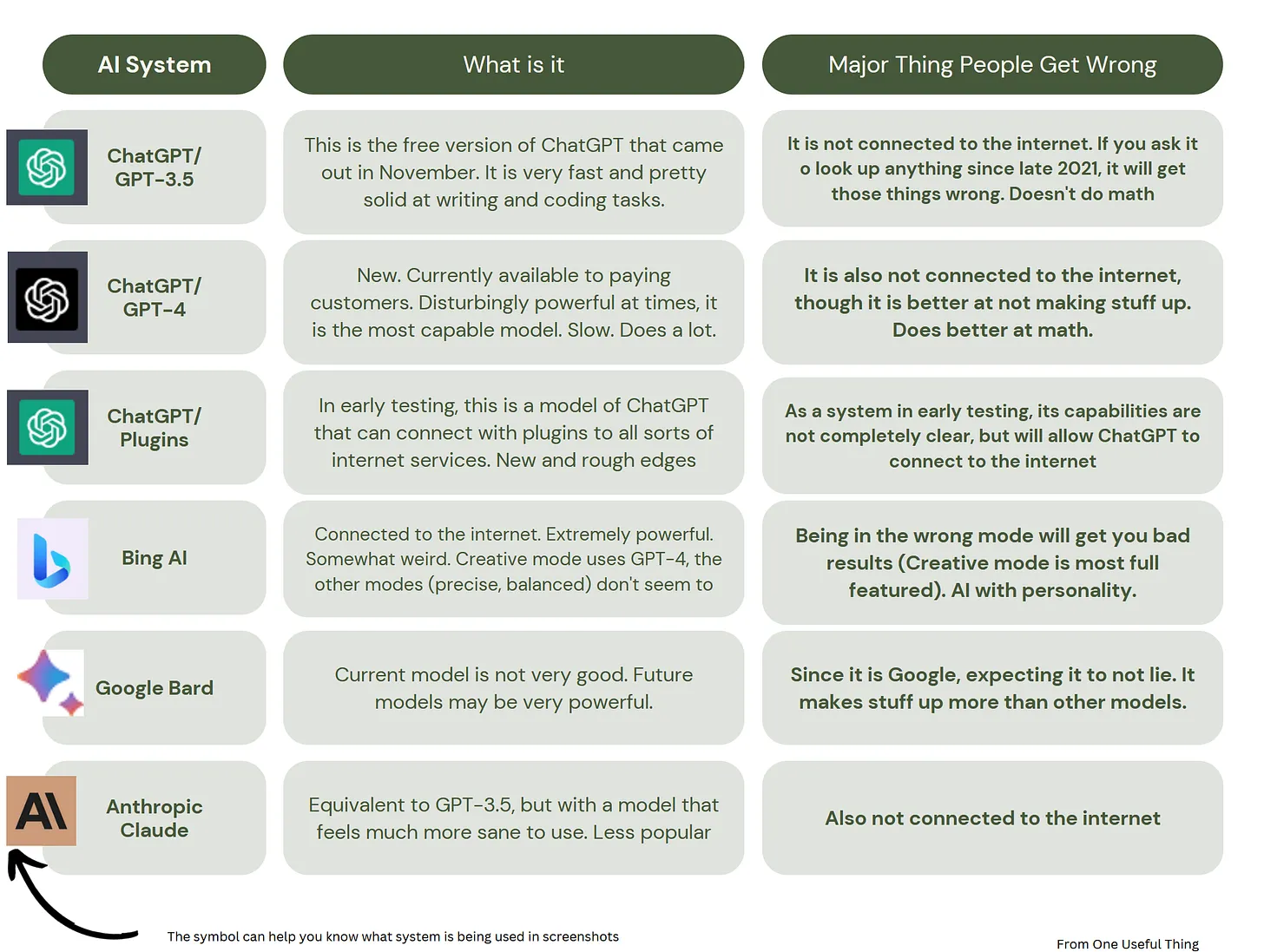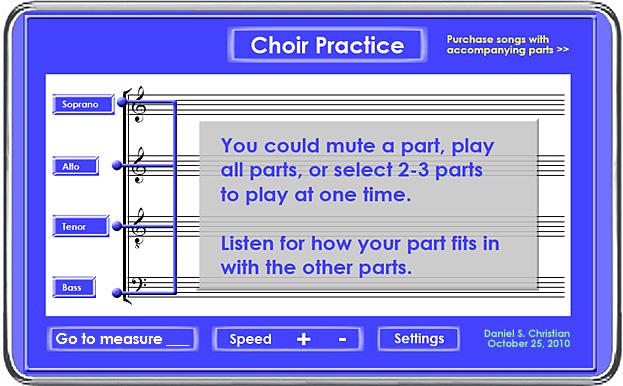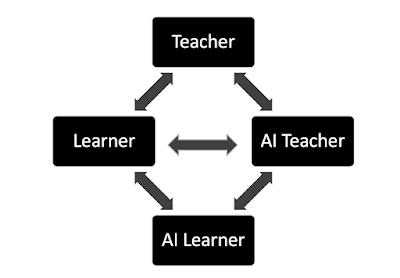Also relevant/see:
Learning Designers will have to adapt or die. 10 ways to UPSKILL to AI…. — from donaldclarkplanb.blogspot.com by Donald Clark
From Ethan Mollick on LinkedIn:
Take a look at this simulated negotiation, with grading and feedback. Prompt: “I want to do deliberate practice about how to conduct negotiations. You will be my negotiation teacher. You will simulate a detailed scenario in which I have to engage in a negotiation. You will fill the role of one party, I will fill the role of the other. You will ask for my response to in each step of the scenario and wait until you receive it. After getting my response, you will give me details of what the other party does and says. You will grade my response and give me detailed feedback about what to do better using the science of negotiation. You will give me a harder scenario if I do well, and an easier one if I fail.”
Samples from Bing Creative mode and ChatGPT-4 (3.5, the free version, does not work as well)
I’m having a blast with ChatGPT – it’s testing ME! — from by Mark Mrohs
Using ChatGPT as an agent for asynchronous active learning
I have been experimenting with possible ways to incorporate interactions with ChatGPT into instruction. And I’m blown away. I want to show you some of what I’ve come up with.














